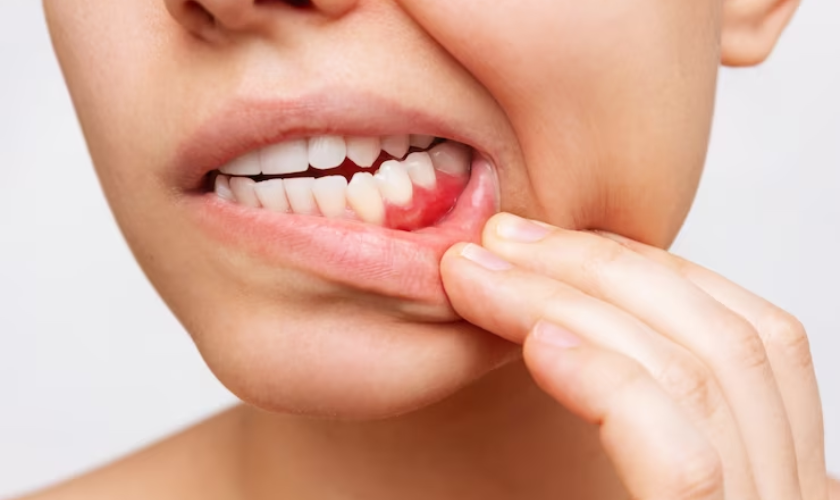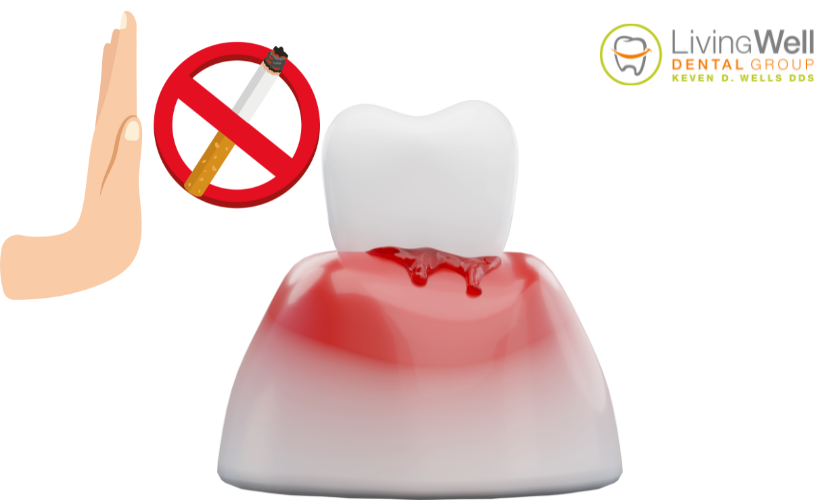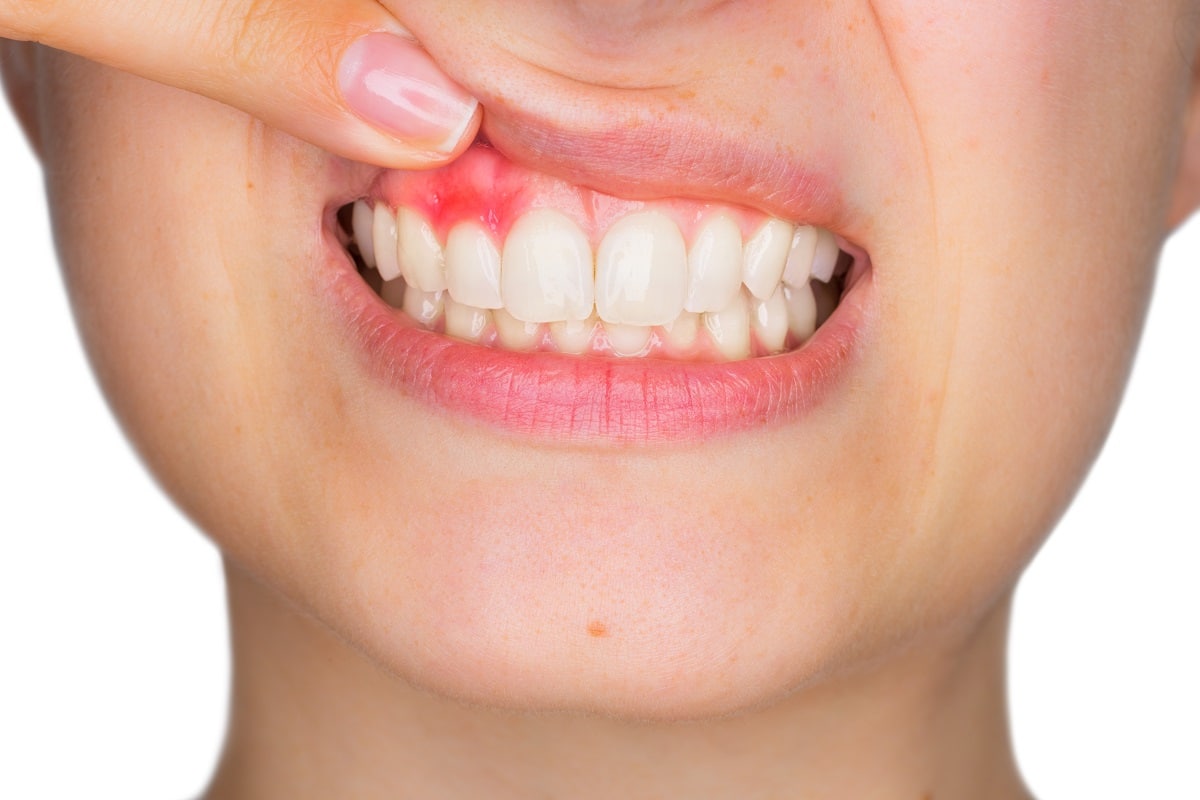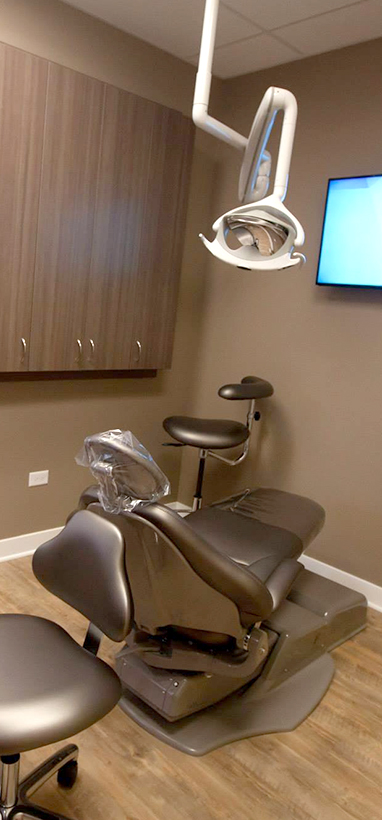1516 Legacy Cir, Naperville, IL 60563
What Are The Symptoms Of Gingivitis And Early Gum Disease?

Welcome to a journey where your smile takes center stage, but beneath the surface, a battle might be unfolding. Gingivitis, the early stage of gum disease, is a silent intruder that often creeps in unnoticed. Your gums, the unsung heroes of your oral health, may be sending signals that it’s time to pay attention. In this exploration of gingivitis symptoms, we’ll unravel the mystery, empowering you to take control of your dental destiny.
Recognizing the Red Flags:
Bleeding Gums
The first sign that your gums might be waving a red flag is bleeding, especially during brushing or flossing. Healthy gums don’t bleed, so if you notice a touch of pink in the sink, it’s time to investigate.
Swollen or Tender Gums:
Akin to a warning sign, swollen or tender gums are often indicative of inflammation. Healthy gums have a firm, pink appearance, so any departure from this norm should raise an eyebrow.
Persistent Bad Breath
We all wake up with morning breath, but if bad breath persists even after diligent oral care, it might be a sign of gingivitis. The bacteria causing gum disease can produce unpleasant odors, affecting your breath.
Receding Gums:
As gingivitis progresses, you might notice your gums pulling away from your teeth, creating pockets. If your teeth suddenly appear longer or you observe exposed tooth roots, it’s time for a dental checkup.
Changes in Tooth Alignment:
Keep an eye on the alignment of your teeth. The progression of gum disease can lead to shifting or loosening of teeth, a clear indication that something is amiss beneath the surface.
Understanding the Underlying Causes
- Poor Oral Hygiene: Neglecting your oral hygiene routine is like inviting trouble to your doorstep. Inadequate brushing and flossing allow plaque to accumulate, paving the way for gingivitis.
- Tobacco Use: Smoking or using other tobacco products is a major risk factor for gum disease. The chemicals in tobacco can weaken your immune system and impede the healing of gum tissue.
- Medical Conditions: Certain medical conditions, such as diabetes and autoimmune disorders, can increase the risk of gingivitis. It’s crucial to inform your dentist about any underlying health issues.
- Poor Nutrition: Your diet plays a pivotal role in oral health. A lack of essential nutrients weakens your immune system, making it harder for your body to fend off gum infections.
Genetic Predisposition
Unfortunately, some individuals are more genetically prone to gum disease. If your family has a history of dental issues, it’s crucial to be extra vigilant about your oral health.
Taking Charge of Your Oral Health
- Commit to a Robust Oral Care Routine: Brushing twice a day and flossing daily are non-negotiables in the fight against gingivitis. Use an antimicrobial mouthwash to reduce bacteria further.
- Kick the Tobacco Habit: If you’re a tobacco user, consider this your wake-up call. Quitting is not just beneficial for your lungs; it can also significantly improve your gum health.
- Regular Dental Checkups: Don’t wait for symptoms to worsen. Regular dental checkups can catch gingivitis in its early stages, allowing for prompt intervention.
- Balanced Diet: Opt for a diet rich in fruits, vegetables, and whole grains. Nutrient-packed foods bolster your immune system, aiding in the prevention of gum disease.
- Stay Hydrated: Drinking water not only keeps you hydrated but also helps wash away food particles and bacteria, reducing the risk of plaque buildup.
- Manage Stress: Stress weakens your immune system, making you more susceptible to infections. Incorporate stress management techniques such as meditation or yoga into your routine.
Your gums, often overlooked, are crucial to your overall health. Gingivitis may be subtle, but armed with knowledge, you can intercept its progress. Listen to your gums, recognize the signs, and take action. Your smile is a reflection of your well-being—protect it with the power of prevention. Embrace the journey to lasting oral health.









